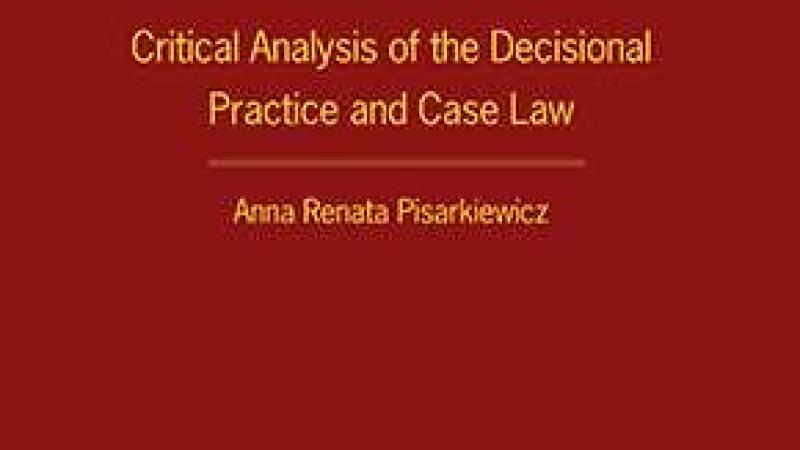
This book provides an in-depth analysis of margin squeeze allegations in the electronic communications sector. Margin squeeze is a form of abuse of a dominant position in which a vertically integrated company reduces the margin between the price charged to competitors and the price charged to consumers, which can have the effect of excluding a competitor from the market. In the decade or so since the liberalisation of network industries, margin squeeze has become a major source of concern among competition authorities and courts, particularly pronounced in the electronic communications sector. Because some of the adopted decisions show significant inconsistencies in approach, and legal certainty remains elusive in this area, this book which provides an advanced and comprehensive analysis of principles guides the ex post assessment of margin squeeze. Issues and topics covered include:
- scope of intervention in margin squeeze cases both for national regulatory and national competition authorities;
- conditions for sanctioning margin squeeze under Article 102;
- practical difficulties in identifying a margin squeeze;
- methodology employed in margin squeeze cases and its regulatory aspects;
- assessment of the ability and incentives of regulated firms to engage in a margin squeeze; and
- situations when competition law is used to address the deficits of regulation and regulatory failures.
This book also includes a critical comparison of the vertical foreclosure analysis undertaken in margin squeeze cases with the approach adopted in the EU Non-Horizontal Merger Guidelines. Throughout the analysis, margin squeeze treatment in the European Union and its Member States is examined in light of the diverging approach adopted by the US Supreme Court.